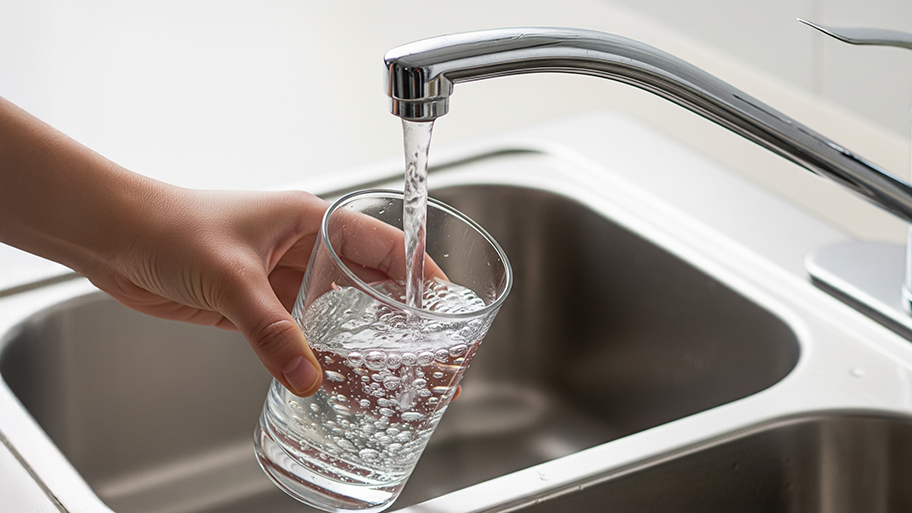
On average, a reverse osmosis water filter costs around $2,200, but there are a few variables that impact the total price. Learn about them in this guide.
It’s not hard to see, feel, and even taste the difference


Hard water has a mineral content of more than 120 PPM.
Soft water has a mineral content of less than 75 PPM.
Hard water has high concentrations of minerals like magnesium and calcium.
Water from a water softener has high amounts of sodium or potassium.
When it comes to hard versus soft water, we’re not talking about ice and liquid water. The hardness or softness of water refers to the mineral content in the water, and it affects far more than just the taste of your water. In fact, soft or hard water can impact your health and have different effects on your appliances, garden plants, and more. Read on to learn about the major differences between hard and soft water.
Hard water, which has more calcium and magnesium, tastes slightly different, and some people prefer this taste. But the minerals can also build up in your plumbing, shortening the life span of your pipes and appliances. Homes with water softeners enjoy soft water, but it may have higher sodium or potassium content, which some people may not be able to consume because of health concerns.
A few signs that you're dealing with hard water in your home include excess soapy residue in your bath, skin irritation with no obvious cause, a decrease in hair health, and appliance issues.
Outside of the taste and texture of the water and how it affects your health, hard and soft water can also have different impacts on your appliances, gardens, and more. Here are the biggest differences.
| Type of Difference | Hard Water | Soft Water |
|---|---|---|
| Mineral content | 120+ PPM | Less than 75 PPM |
| Texture | Standard texture | Slippery or silky |
| Taste | Fresh, metallic, or chalky | Slight salty |
| Cleaning | Difficult for soap to lather | Lathers easily |
| Usage: cooking | Minerals may impact cooking time | Doesn’t impact cooking time, but sodium may impact flavor |
| Usage: laundry | May fade clothing | Softer, vibrant laundry |
| Usage: appliances | Often causes limescale buildup | Minimizes limescale buildup |
| Usage: garden | Better for alkaline-loving plants | Better for acid-loving plants |
| Health | Dry skin, hair | Not ideal for low-sodium or low-potassium diets |
The major difference between hard versus soft water is the amount of minerals, particularly calcium and magnesium, in the water. Soft water has a mineral content of 75 parts per million (PPM) or less, or less than 3 grains per gallon (GPG). Hard water is water with a mineral content of over 120 PPM or more than 7 GPG.
If you have hard water, you can reduce the mineral content by hiring a local water softener installation company to install a water softener. A water softener swaps the hard minerals in the water for sodium or potassium to “soften” the water.
Hard water doesn’t have a noticeable texture, but if you switch from having hard water to soft water—such as right after installing a water softener—you may notice a difference between the two. Soft water tends to have a smoother texture, making it feel silky or slippery when the hard minerals are removed.
Many people describe hard water’s flavor as “fresh,” and some people enjoy drinking it. However, others say it can taste metallic or chalky from the minerals. On the flip side, if you have soft water from a water softener rather than naturally soft water, it can sometimes have a slightly salty flavor. Naturally soft water has a neutral taste.
If you want to save time on scrubbing dishes or lathering up your hair, soft water makes a difference. Soft water doesn’t impact the lather of soap, so you don’t have to use as much to really get you and your home clean. Hard water's minerals reduce the effectiveness of soaps, detergents, and other cleaning agents, so you'll need to use more than you would when washing with soft water.
The minerals can also leave behind water spots, film, and soap scum when you try cleaning with hard water, meaning you’ll need to spend more time learning how to remove hard water stains or banish soap scum.
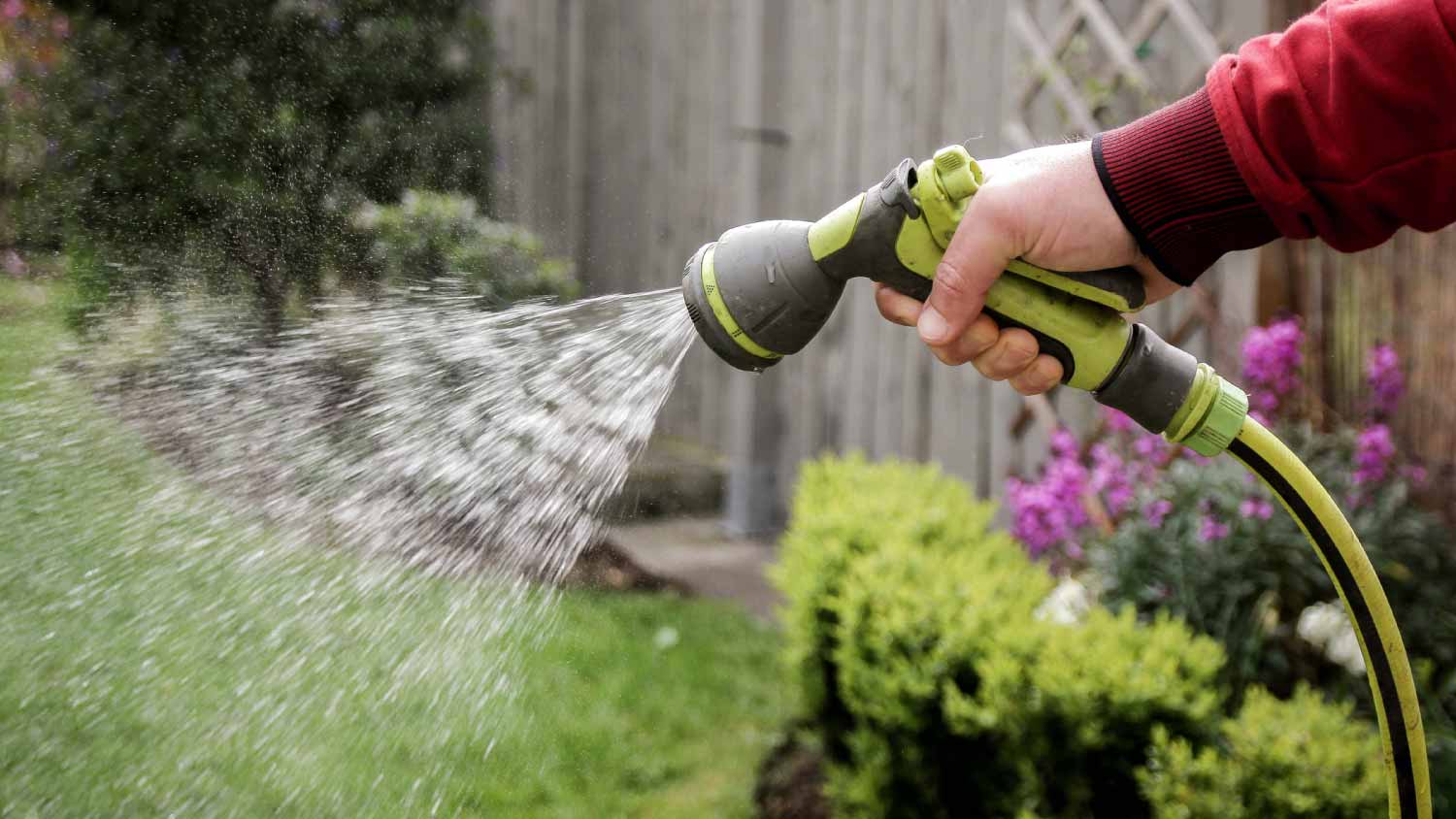
From cooking dinner for the family to watering your award-winning garden, the hardness of your water can actually impact your day-to-day life in many ways.
The minerals in hard water can affect the taste of food. They can also alter cooking times. For example, beans often take longer to soften in hard water than in soft water. Hard water can also leave scale deposits on cookware and dishes. Soft water doesn't affect the taste of food or interfere with cooking times. It's also less likely to cause scale buildup on cookware.
However, if you use too much water softener salt in a water softener, your soft water may take on a salty taste that impacts your food. If your water has a slightly more salty flavor, consider holding back on that final pinch of salt in your meal.
The minerals in hard water can make your clothes feel stiff and dull their appearance. You also need more detergent when doing laundry with hard water since the mineral deposits decrease the effectiveness of cleaning agents. Soft water is better for washing clothes since you won't need as much detergent as with hard water, and your clothes will feel softer and look brighter.
Soft water can extend the life span of water-using appliances (think washing machine, dishwasher, and water heater) by preventing mineral buildup and deposits around faucets, in pipes, and in your appliances. This puts more wear and tear on your appliances, so you may spend more on the cost of appliance repairs over time if you have hard water versus soft water.
Certain plants can respond differently to the trace minerals in hard versus soft water. Many houseplants can benefit from the minerals in hard water, while plants that need acidity, like irises and marigolds, will do better with soft water. Hard water tends to be more alkaline, so if you have plants that prefer a more acidic environment, too much hard water could be harmful to their health.
On the flip side, if you have a water softener, using only softened water can cause your plants to get too much sodium, which may impact their growth.
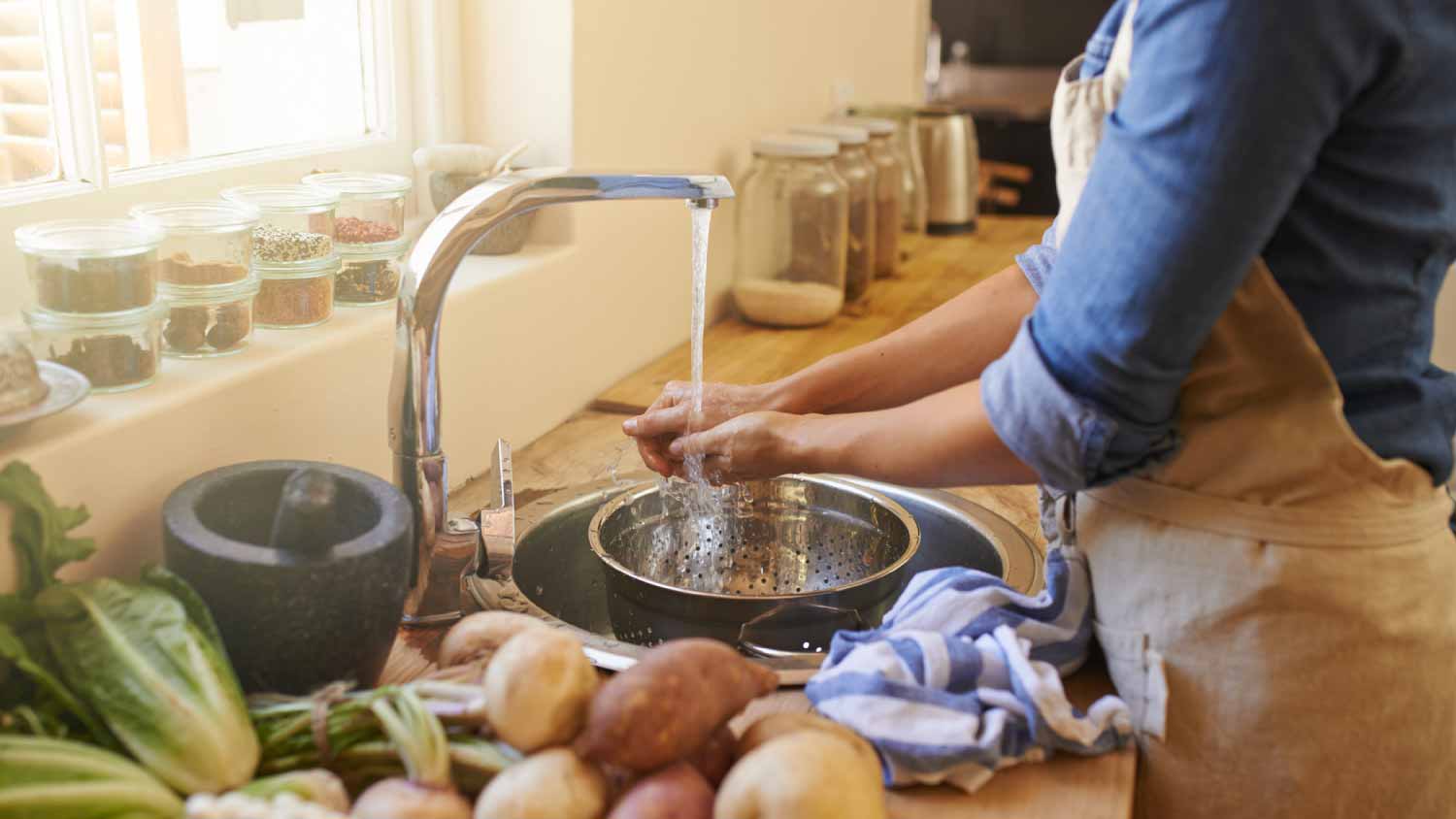
Hard water and soft water aren’t known to have any serious adverse health effects, but they can each impact your hair and skin in different ways. If you follow specific diets for medical purposes, pay close attention to how hard versus soft water could affect you.
If you notice your skin feels dry or itchy, you may have hard water. Hard water can leave a film on your skin and may strip your skin of natural oils, leaving it dry and irritated. If you have skin conditions, such as eczema, hard water can further dry out the skin and worsen your symptoms, according to the National Eczema Association.
People with extreme sodium sensitivities should avoid softeners that add sodium to their water.
Like with your skin, hard water can have a similar impact on hair, leaving the ends feeling dry and brittle. You may notice your hair looks frizzier than usual or feels dry. In comparison, soft water is easier to rinse with, so not only does it help your shampoo lather up well to clear out buildup, but it also makes it easier to thoroughly rinse your hair in the shower.
With hard water, you’re getting higher amounts of calcium and magnesium in your water supply. If you use a water softener, you may be getting higher amounts of sodium or potassium, depending on what type of water softener salt product you use for your unit. Both hard and soft water contain different minerals, which can affect individual health and diets in different ways.
You’ll want to consult with your doctor if you have concerns about getting extra of any of these minerals, which should impact your decision to use a water softener or a salt-free water conditioner.
From average costs to expert advice, get all the answers you need to get your job done.

On average, a reverse osmosis water filter costs around $2,200, but there are a few variables that impact the total price. Learn about them in this guide.
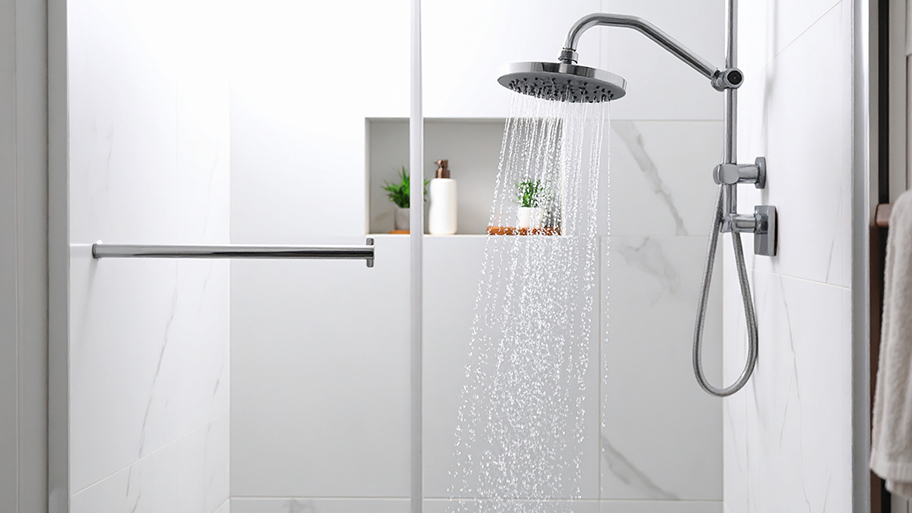
Water softener repair costs can add up, but they’re almost always worthwhile. Use this guide to see what your project is going to cost before you get started.
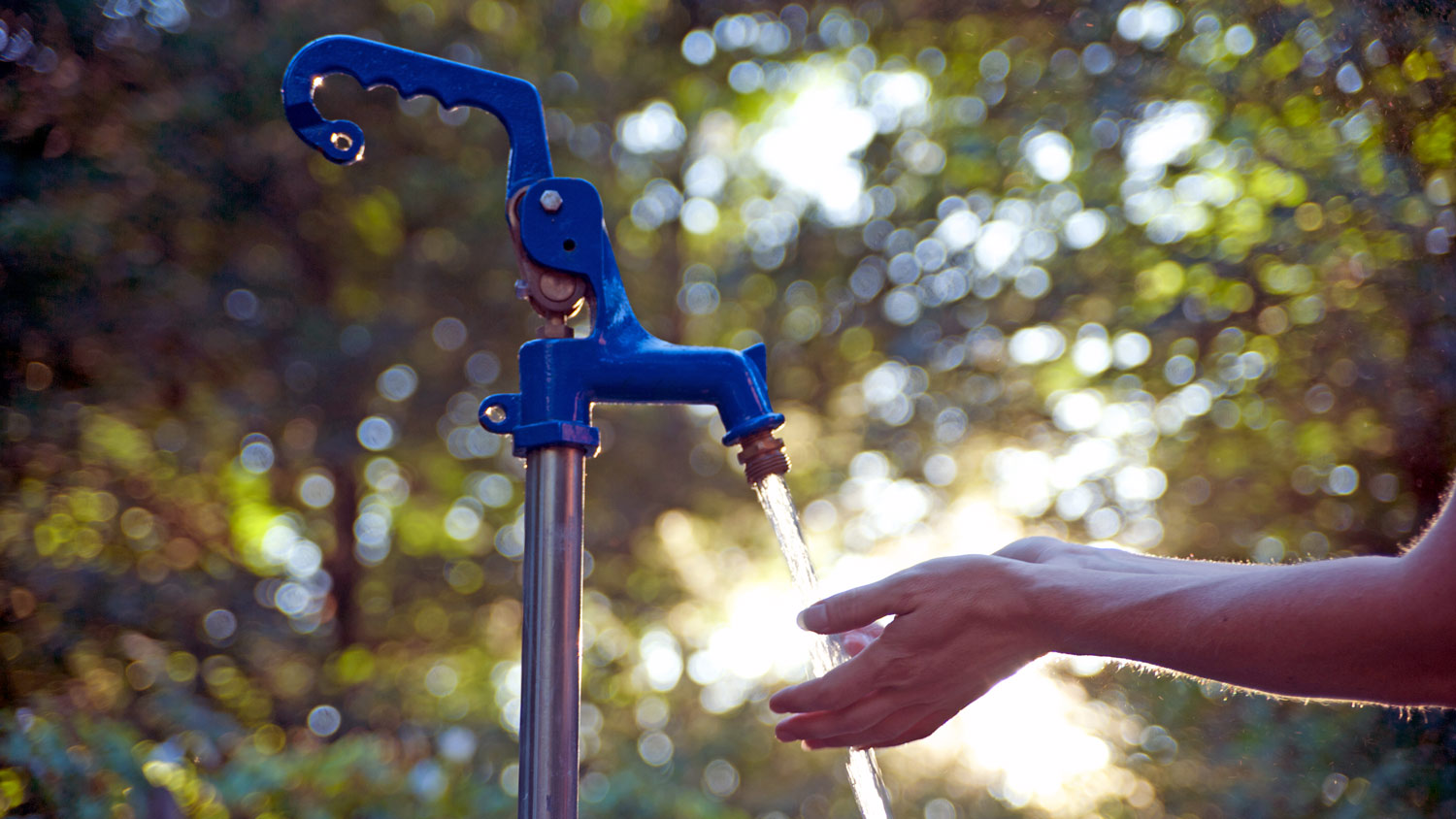
Discover how much well water treatment systems cost, including installation, maintenance, and tips to save. Get expert insights to plan your water system project.

Discover how to choose a water softener with tips from our expert guide. Ensure your home has clean, soft water with the right system for your needs.

Follow these water softener maintenance tips to keep minerals out of your water, avoid malfunctions, and prolong your unit’s service life.
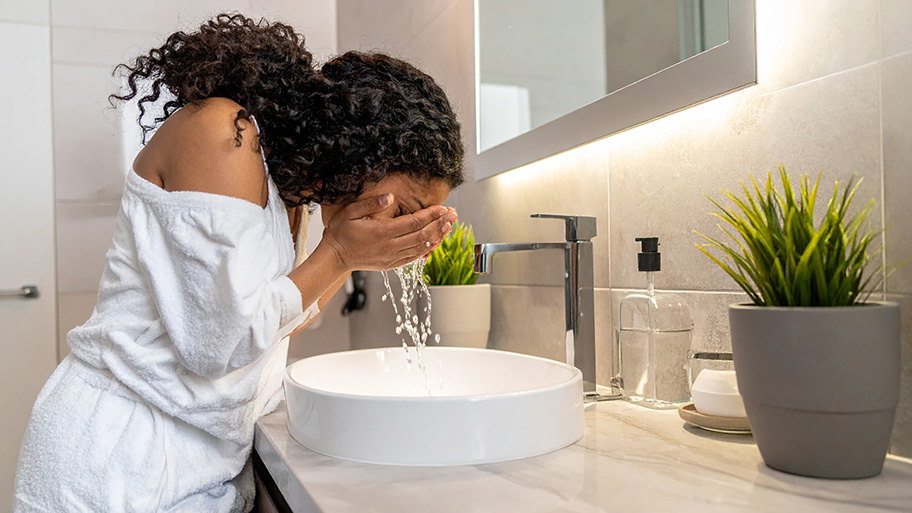
There are many pros and cons of salt-free water softeners that could impact your decision to buy one. Stay tuned to learn more about salt-free water softeners.